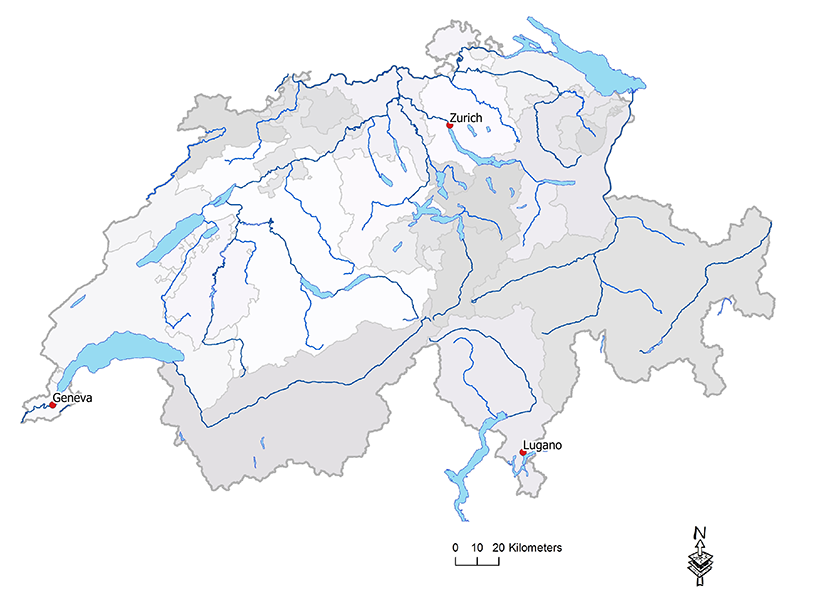Department Urban Water Management
PAPPUS - Plants and People in Urban Green Space

Project overview
Urban Green Spaces (UGS), such as parks and private gardens, can help to restore biodiversity, regulate microclimate, and increase human quality of life. However, the links between these aspects and the vegetation present in UGS remains unexplored. The People and Plants in Urban Green Space (PAPPUS) project aims to understand how decision-makers affect the plant communities present in different UGS and how these decisions impact the ecological and human benefits that can be realized from UGS in a changing climate. PAPPUS uses an interdisciplinary approach to address the social and ecological processes behind stakeholders’ decision making, integrating social, ecological, and climatological theories and methods to ensure that UGS continue to provide crucial co-benefits in the face of climate change, biodiversity loss, and urban densification. PAPPUS stems across multiple institutions, including Eawag, WSL, the University of Pottsdam, EPFL, and ETH.
A focus on microclimate in Switzerland
Eawag's contribution to the project focuses on aspects of climate change and microclimate, evaluating how vegetation affects thermal regulation in UGS in the current and future Swiss climate.
In the summer of 2023, we conducted an intensive monitoring campaign of local climate variables in three cities across Switzerland: Zurich, Lugano, and Geneva. We focused on several public and private UGS, including: residential lawns, allotment gardens, community green areas, public parks, and ruderal spaces. We are evaluating more than 50 UGS per city. The next step is to focus on the changes within a city. This is why we are intensifying the monitoring in Zurich for the summer of 2024. The collected project data can be viewed here: pappus.eawag.ch.
Combining this data with microclimate models, we will predict how the microclimate in UGS could change due to factors such as vegetation planting and climate change.

The results of this project will be used to understand how different plant traits and assemblages affect the microclimate in urban areas, how decision-making affects local temperatures and water use, and how plant assemblages will respond to future climate conditions. This knowledge can be used to inform urban planning decisions and promote the benefits of UGS in urban areas.
Further information concerning the project work of WSL is available on their Website: Plants and People in Urban Green Space (PAPPUS)
| |  |
Further project members
Marco Moretti Swiss Federal Research Institute WSL
Marcel Hunziker Swiss Federal Research Institute WSL
Bertrand Fournier Potsdam University, Germany



